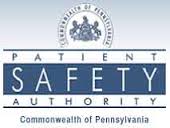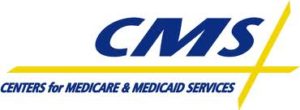Expanded Access to Hep C Drugs Isn’t the Answer for Medicaid, Study Says
A new study suggests that greatly expanding access to new drugs that essentially “cure” Hepatitis C would cost Pennsylvania’s Medicaid program a great deal of money but save relatively few lives.
The study found that in many cases, Hepatitis C progresses so slowly that by the time many of the people who suffer from it truly need the new generation of expenses drugs they will be old enough for Medicare, which would leave the federal government, rather than the state, with the cost of paying for the treatment.
 Patient advocates maintain that all Medicaid beneficiaries with Hepatitis C should have access to the drugs and Pennsylvania’s Medicaid program appears to be on a path toward making that possible.
Patient advocates maintain that all Medicaid beneficiaries with Hepatitis C should have access to the drugs and Pennsylvania’s Medicaid program appears to be on a path toward making that possible.
Learn more about the study and its findings in this Philadelphia Inquirer story.
 The Pennsylvania Patient Safety Authority has published its December 2016 newsletter.
The Pennsylvania Patient Safety Authority has published its December 2016 newsletter.

 The Pennsylvania Health Law Project has published its November-December 2016 newsletter.
The Pennsylvania Health Law Project has published its November-December 2016 newsletter. According to the federal Substance Abuse and Mental Health Services Administration, the program is
According to the federal Substance Abuse and Mental Health Services Administration, the program is In this new model, the Innovation Center
In this new model, the Innovation Center

 That includes 680,000 Pennsylvanians who enrolled in the state’s Medicaid program after the reform law allowed for that program’s expansion, more than 400,000 people who signed up for insurance on the federal health insurance exchange, the state’s taxpayers who might be left with the bill for some or all of these costs if the reform law’s financial support were to disappear in the near future, and others.
That includes 680,000 Pennsylvanians who enrolled in the state’s Medicaid program after the reform law allowed for that program’s expansion, more than 400,000 people who signed up for insurance on the federal health insurance exchange, the state’s taxpayers who might be left with the bill for some or all of these costs if the reform law’s financial support were to disappear in the near future, and others.